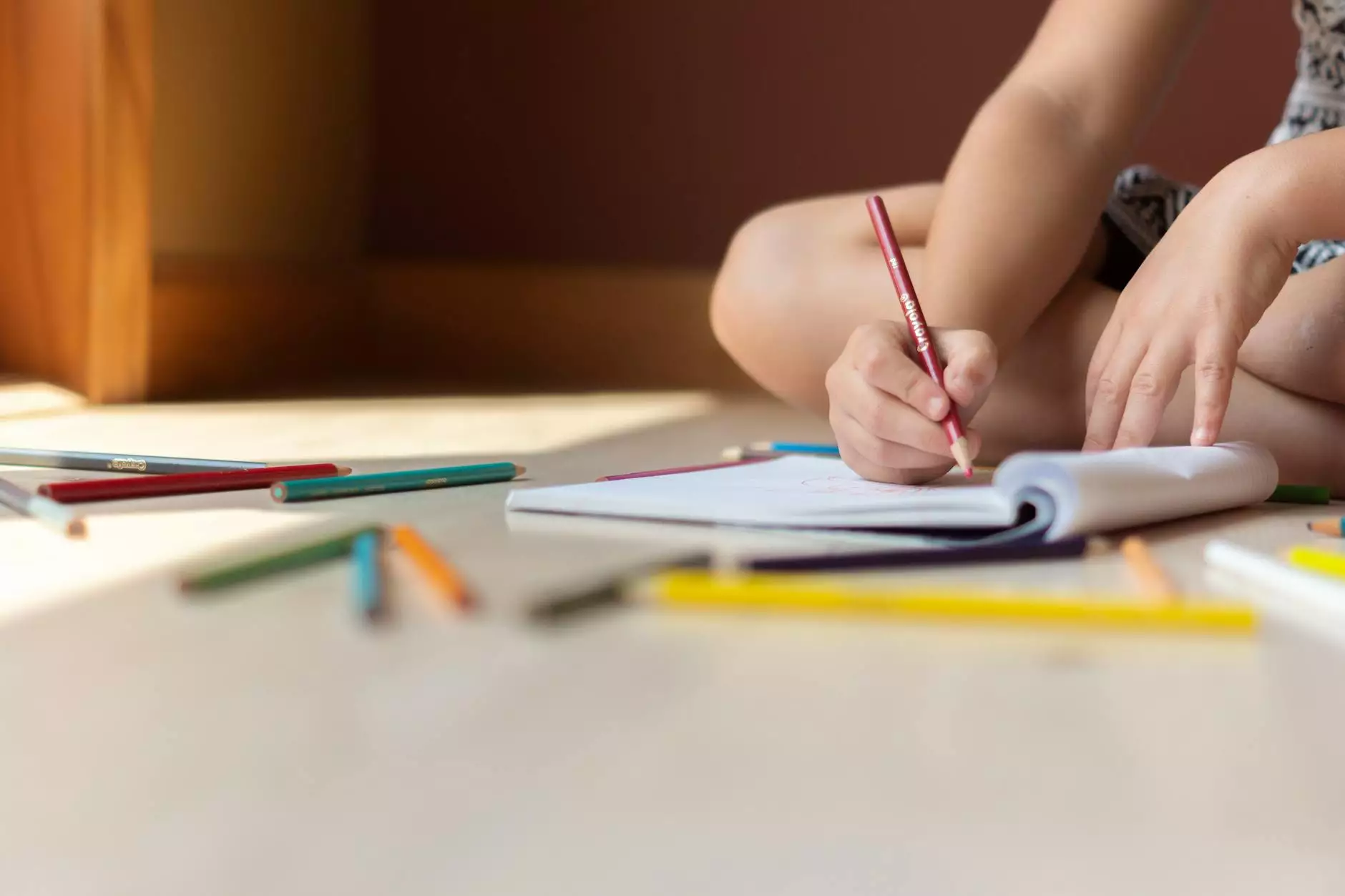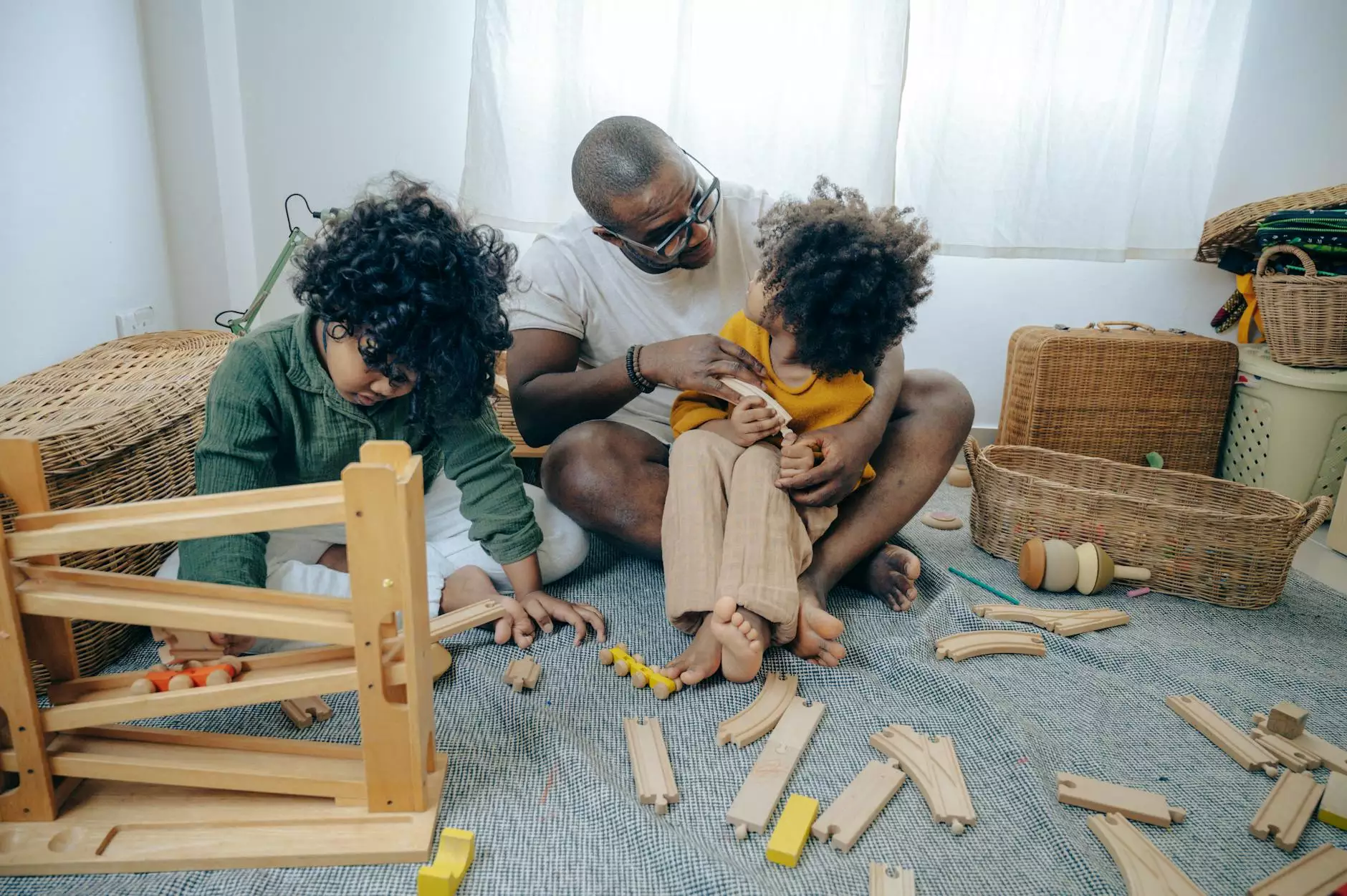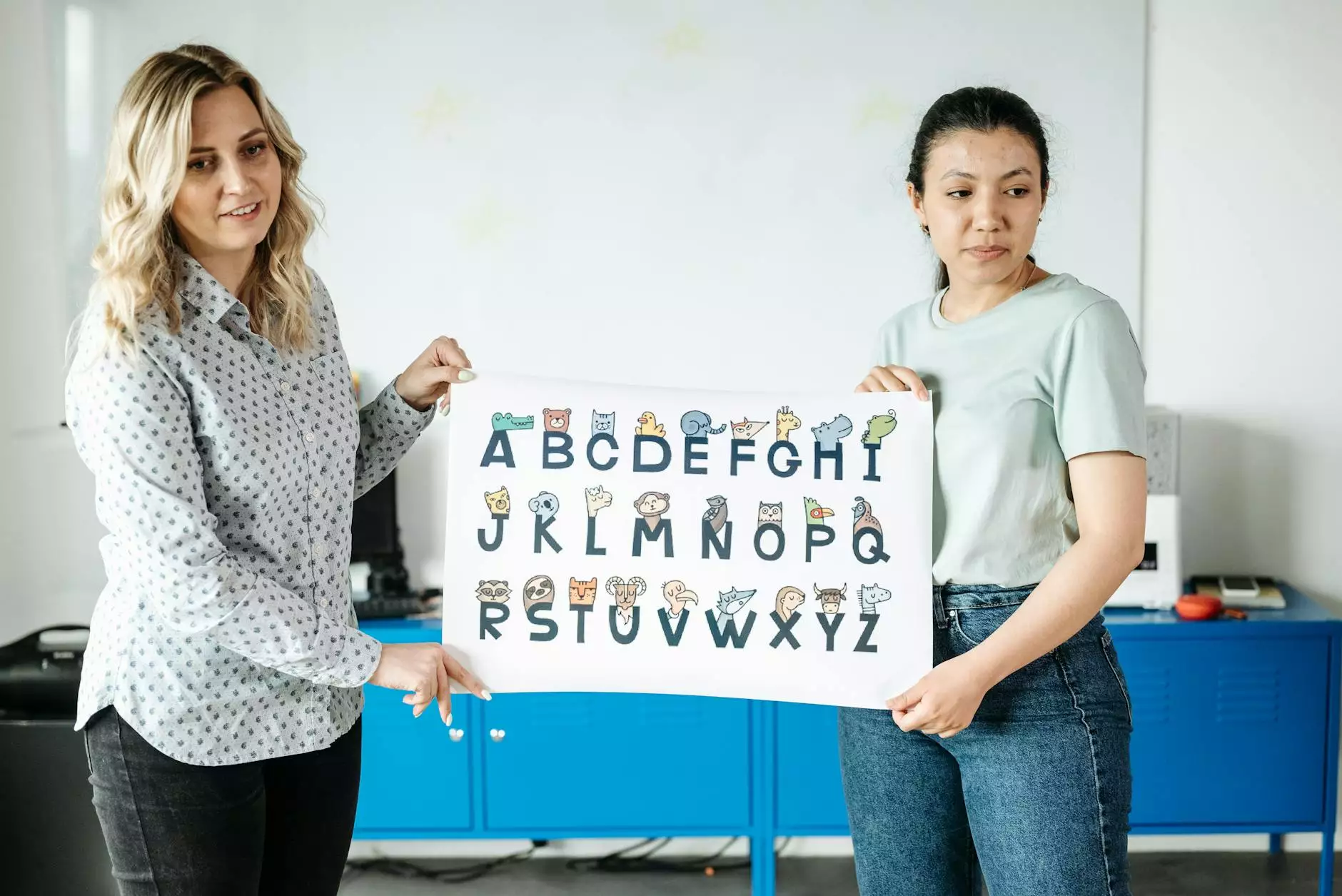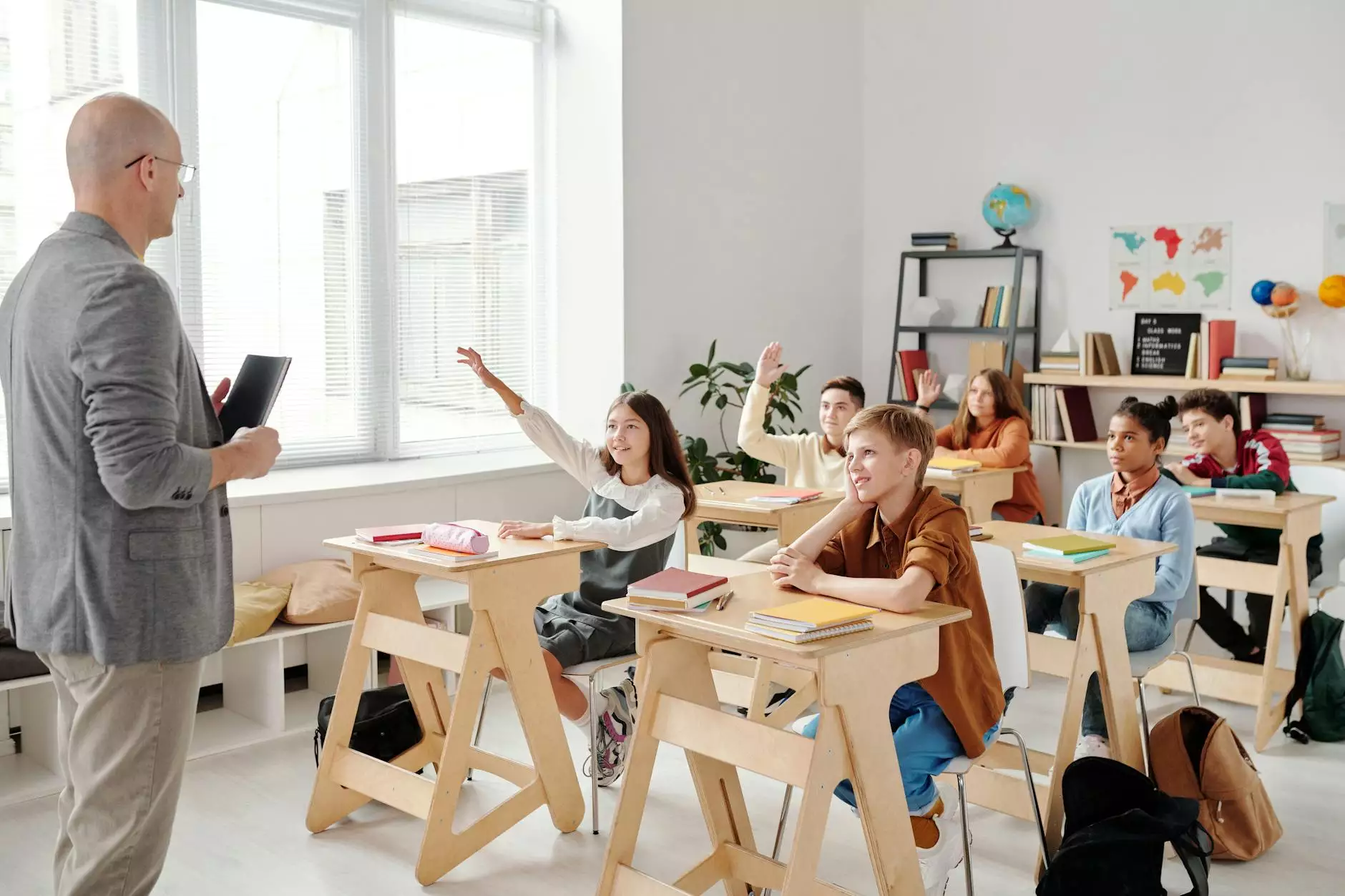2 - 4 Years SEL

The Knowledge Nest: Empowering Social and Emotional Learning (SEL) in Children Aged 2 - 4 Years
Welcome to The Knowledge Nest's comprehensive guide on social and emotional learning (SEL) for children aged 2 - 4 years. In this article, we will delve deep into the importance of SEL in early childhood development and provide you with practical strategies to promote SEL skills in young children.
Understanding the Significance of SEL
Social and emotional learning plays a crucial role in the holistic development of children aged 2 - 4 years. It equips them with essential skills to navigate and thrive in various social contexts. SEL encompasses the abilities to understand and manage emotions, develop positive relationships, resolve conflicts, and make responsible decisions.
Research has shown that children who receive early exposure to SEL have higher levels of empathy, improved communication skills, better self-regulation, and increased academic achievement. These foundational skills lay the groundwork for future success and overall well-being.
Implementing SEL Strategies
Here at The Knowledge Nest, we believe in providing parents and educators with practical approaches to integrate SEL into the daily lives of children aged 2 - 4 years. Below are some effective strategies that can nurture their social and emotional development:
1. Encourage Emotion Identification and Expression
Helping children understand and express their emotions is of utmost importance. Provide them with a safe and supportive environment where they feel comfortable sharing their feelings. Teach them emotional vocabulary by labeling various emotions and their corresponding facial expressions.
Engage in activities that promote emotional expression, such as storytelling, puppet play, or role-playing. Encourage them to identify emotions in themselves and others, fostering empathy and emotional intelligence.
2. Foster Positive Relationships
Building healthy relationships is an essential part of social and emotional development. Encourage cooperative play and facilitate opportunities for children to interact with their peers. Teach them how to take turns, share, and solve conflicts peacefully.
Model positive behavior by fostering warm and supportive connections within the family and community. Encourage empathy by discussing the needs and feelings of others.
3. Teach Problem-Solving Skills
Enhancing problem-solving skills equips children with the tools to navigate challenges effectively. Provide them with age-appropriate puzzles and games that promote critical thinking and decision-making. Encourage them to brainstorm solutions and evaluate their effectiveness.
Guide them through problem-solving scenarios, offering support and guidance while allowing them to develop their independence. Celebrate their efforts and reinforce the importance of perseverance and resilience.
4. Cultivate Self-Regulation
Helping children develop self-regulation skills enables them to manage their emotions, thoughts, and behaviors. Teach them calming techniques, such as deep breathing exercises or mindfulness activities. Encourage them to identify triggers and develop strategies to handle challenging situations.
Set consistent boundaries and provide clear expectations to support their self-control. Recognize and praise their self-regulation efforts, reinforcing positive behaviors.
Conclusion
Social and emotional learning is a fundamental aspect of early childhood development. By incorporating SEL strategies into the lives of children aged 2 - 4 years, we can help them build a strong foundation for lifelong success and well-being.
At The Knowledge Nest, we are committed to empowering parents and educators with the knowledge and resources needed to promote SEL in young children. Join us on this journey as we support the social and emotional growth of your child.










